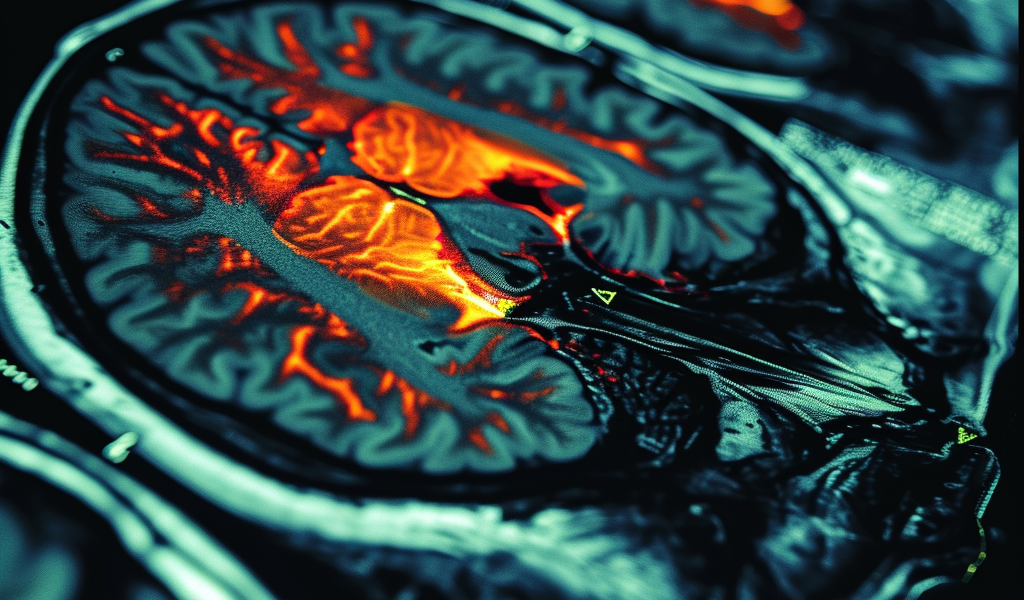A new study has shed light on the impact of APOE4 homozygosity on Alzheimer’s disease, revealing that it represents a distinct genetic form of the condition. The research, conducted by Juan Fortea and colleagues, aimed to investigate the clinical, pathological, and biomarker changes associated with APOE4 homozygosity to determine if it constitutes a genetically determined form of Alzheimer’s disease.
The study analyzed data from the National Alzheimer’s Coordinating Center and five large cohorts with AD biomarkers, involving a total of 3,297 individuals for the pathological study and 10,039 for the clinical study. The findings showed that nearly all APOE4 homozygotes exhibited AD pathology and had significantly higher levels of AD biomarkers from the age of 55 compared to APOE3 homozygotes.
By the age of 65, almost all APOE4 homozygotes had abnormal amyloid levels in cerebrospinal fluid, and 75% had positive amyloid scans, with the prevalence of these markers increasing with age. This suggests near-full penetrance of AD biology in APOE4 homozygotes, with an earlier age of symptom onset at 65.1 years and a narrower 95% prediction interval compared to APOE3 homozygotes.
The predictability of symptom onset and the sequence of biomarker changes in APOE4 homozygotes were found to mirror those in autosomal dominant AD and Down syndrome. However, in the dementia stage, there were no differences in amyloid or tau positron emission tomography across haplotypes, despite earlier clinical and biomarker changes.
The study’s conclusion highlights the significance of APOE4 homozygotes as a distinct genetic form of Alzheimer’s disease, emphasizing the importance of individualized prevention strategies, clinical trials, and treatments tailored to this specific genetic profile.





